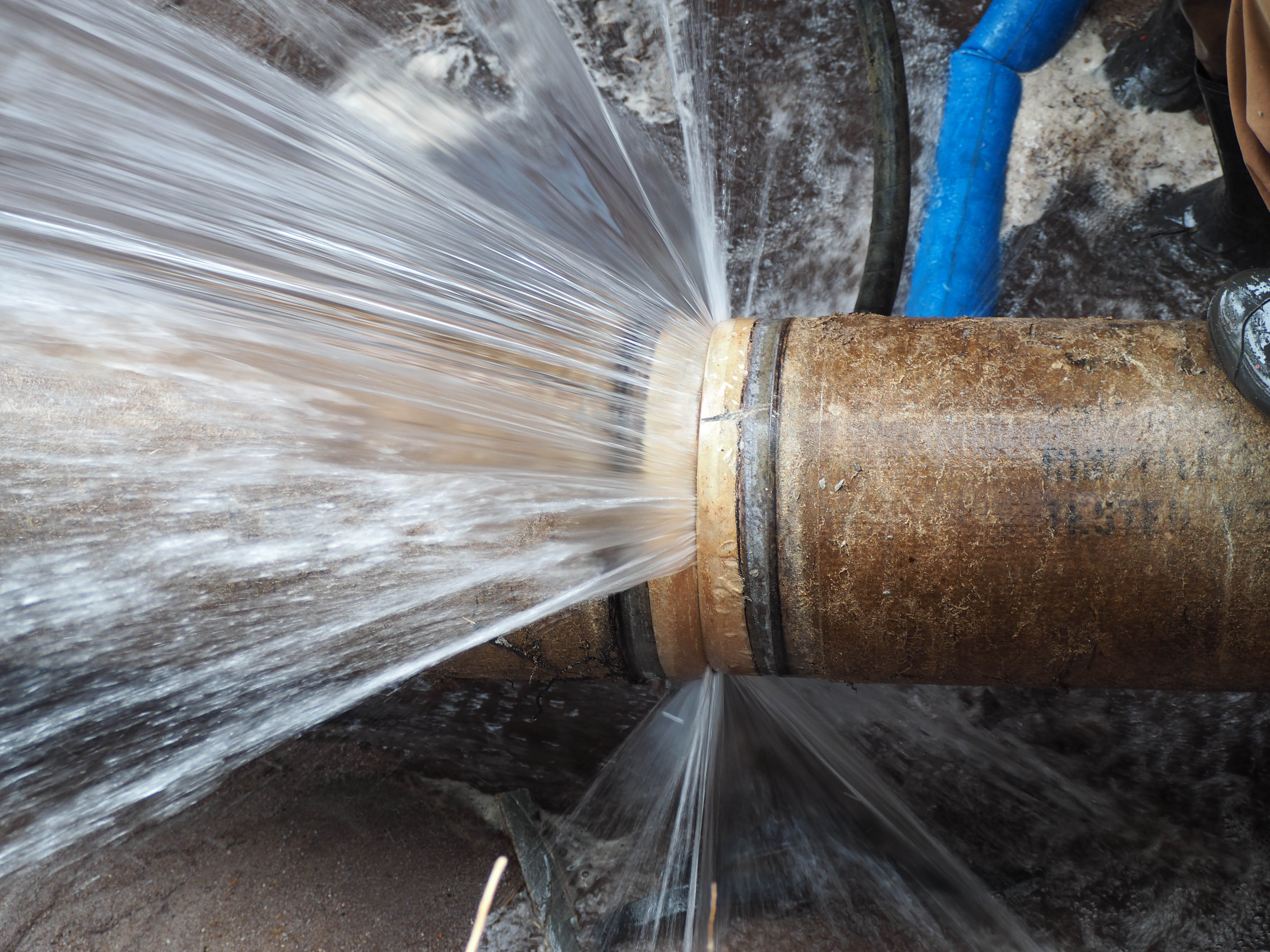The publisher is making a number of great points regarding 6 Ways to Prevent Frozen Pipes overall in this article down the page.

Winter can damage your plumbing, particularly by freezing pipelines. Below's exactly how to prevent it from taking place and what to do if it does.
Introduction
As temperatures drop, the danger of icy pipelines rises, potentially bring about costly fixings and water damages. Recognizing how to avoid icy pipelines is crucial for homeowners in cool environments.
Avoidance Tips
Shielding at risk pipes
Wrap pipes in insulation sleeves or make use of warm tape to shield them from freezing temperatures. Focus on pipes in unheated or external locations of the home.
Heating strategies
Keep interior rooms adequately heated, especially areas with pipes. Open up closet doors to allow warm air to circulate around pipelines under sinks.
Just how to identify icy pipes
Try to find lowered water circulation from faucets, unusual odors or sounds from pipelines, and visible frost on subjected pipelines.
Long-Term Solutions
Architectural adjustments
Take into consideration rerouting pipelines away from exterior walls or unheated areas. Add additional insulation to attics, basements, and crawl spaces.
Upgrading insulation
Purchase high-grade insulation for pipelines, attic rooms, and wall surfaces. Proper insulation aids preserve regular temperature levels and minimizes the danger of icy pipes.
Securing Outdoor Pipes
Garden pipes and exterior faucets
Detach and drain garden pipes prior to winter months. Install frost-proof spigots or cover exterior faucets with shielded caps.
Recognizing Frozen Pipes
What triggers pipes to freeze?
Pipes freeze when subjected to temperature levels listed below 32 ° F (0 ° C) for extended periods. As water inside the pipelines ices up, it increases, putting pressure on the pipe wall surfaces and possibly creating them to burst.
Risks and damages
Frozen pipes can result in water system interruptions, building damages, and costly fixings. Burst pipelines can flood homes and create comprehensive structural damages.
Indications of Frozen Water Lines
Recognizing icy pipes early can avoid them from bursting.
What to Do If Your Pipes Freeze
Immediate actions to take
If you think frozen pipes, keep taps open up to eliminate stress as the ice thaws. Utilize a hairdryer or towels taken in warm water to thaw pipes gradually.
Verdict
Stopping icy pipes needs aggressive measures and quick actions. By recognizing the reasons, signs, and preventive measures, property owners can secure their pipes during cold weather.
Helpful Tips to Prevent Frozen Pipes this Winter
UNDERSTANDING THE BASICS: WHY PIPES FREEZE AND WHY IT’S A PROBLEM
Water freezing inside pipes is common during the winter months, but understanding why pipes freeze, and the potential problems it can cause is crucial in preventing such incidents. This section will delve into the basics of why pipes freeze and the associated problems that may arise.
THE SCIENCE BEHIND FROZEN PIPES
When water reaches freezing temperatures, it undergoes a physical transformation and solidifies into ice. This expansion of water as it freezes is the primary reason pipes can burst. As the water inside the pipe freezes, it expands, creating immense pressure on the walls. If the pressure becomes too great, the pipe can crack or rupture, leading to leaks and water damage.
FACTORS THAT CONTRIBUTE TO PIPE FREEZING
Low Temperatures: Extremely cold weather, especially below freezing, increases the risk of pipes freezing. Uninsulated or Poorly Insulated Pipes: Pipes located in unheated areas, such as basements, crawl spaces, or attics, are more prone to freezing. Insufficient insulation or lack of insulation altogether exacerbates the problem. Exterior Wall Exposure: Pipes running along exterior walls are susceptible to freezing as they encounter colder temperatures outside. Lack of Heating or Temperature Regulation: Inadequate heating or inconsistent temperature control in your home can contribute to frozen pipes. PROBLEMS CAUSED BY FROZEN PIPES
- Pipe Bursting: As mentioned earlier, the expansion of water as it freezes can cause pipes to burst, resulting in significant water damage.
- Water Damage: When pipes burst, it can lead to flooding and water damage to your property, including walls, ceilings, flooring, and personal belongings.
- Structural Damage: Prolonged exposure to water from burst pipes can compromise the structural integrity of your home, leading to costly repairs.
- Mold and Mildew Growth: Excess moisture from water damage can create a favorable environment for mold and mildew growth, posing health risks to occupants.
- Disrupted Water Supply: Frozen pipes can also result in a complete or partial loss of water supply until the issue is resolved.
WHY CERTAIN PIPES ARE MORE PRONE TO FREEZING
- Location: Pipes located in unheated or poorly insulated areas, such as basements, crawl spaces, attics, or exterior walls, are at higher risk of freezing.
- Exterior Pipes: Outdoor pipes, such as those used for irrigation or exposed plumbing, are particularly vulnerable to freezing as they are directly exposed to the elements.
- Supply Lines: Pipes that carry water from the main water supply into your home, including the main water line, are critical to protect as freezing in these lines can affect your entire plumbing system.
- Underground Pipes: Pipes buried underground, such as those connected to sprinkler systems or outdoor faucets, can be susceptible to freezing if not properly insulated.
https://busybusy.com/blog/helpful-tips-to-prevent-frozen-pipes-this-winter/

I found that post on 6 Ways to Prevent Frozen Pipes while doing a search on the internet. Sharing is good. You won't know, you may be helping someone out. I take joy in reading our article about How to prepare your home plumbing for winter weather.
Call Today